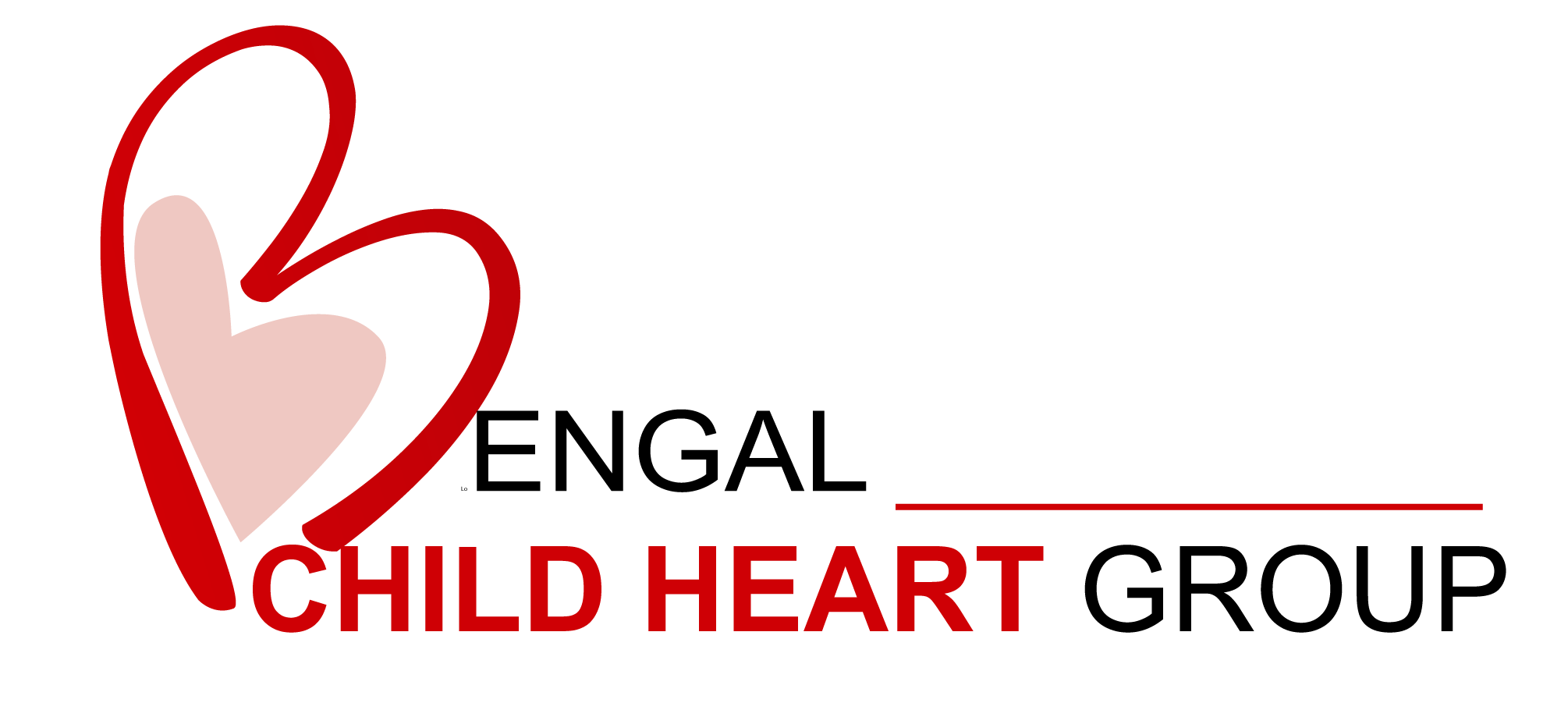FAQ's
General Questions
Pediatric cardiology is a branch of medicine that specializes in diagnosing and treating heart problems in infants, children, and adolescents. This can include both congenital heart defects (present from birth) and acquired heart conditions.
Some common congenital heart defects include:
- Septal defects: Holes in the walls between the heart chambers
- Valve problems: Abnormalities in the heart valves that prevent proper blood flow
- Heart malformations: Defects in the structure of the heart itself
Signs and symptoms of a heart problem in a child can vary depending on the specific condition. Some general signs to watch for include:
- Difficulty breathing, especially during feeding or exercise
- Chest pain or tightness
- Excessive sweating
- Paleness or bluish skin color (cyanosis)
- Fatigue
- Swelling in the legs or ankles
- Rapid heart rate (tachycardia) or slow heart rate (bradycardia)
Fainting (syncope)
Pediatric cardiologists use a variety of tests to diagnose heart problems in children, including:
- Echocardiogram: A painless ultrasound of the heart
- Chest X-ray: An image of the heart and lungs
- Electrocardiogram (ECG): A test that measures the electrical activity of the heart
- Cardiac catheterization: A thin tube is inserted into a blood vessel to examine the heart and blood vessels
The treatment for a heart problem in a child will depend on the specific condition. Treatment options can include:
- Medications: To help regulate the heart rhythm or improve blood flow
- Minimally invasive procedures: Performed through catheters to repair heart defects
- Surgery: Open-heart surgery may be needed for complex heart defects
You can ask your child’s pediatrician for a referral to a pediatric cardiologist. Our hospital (Narayana Superspecialty Hospital) is the largest Pediatric Cardiac Center in Eastern India

Fetal Echocardiogram: Quick Q&A
A prenatal ultrasound exam using sound waves to see your baby’s heart in detail.
To check for heart defects, often due to family history, maternal health conditions, or abnormal findings on a routine ultrasound.
Similar to a regular ultrasound, with gel applied to your belly and a wand used to create images of the heart.
Yes, it uses sound waves, not radiation.
Your doctor will discuss next steps, which may involve further tests or specialists. Early detection can help plan treatment for your baby.


